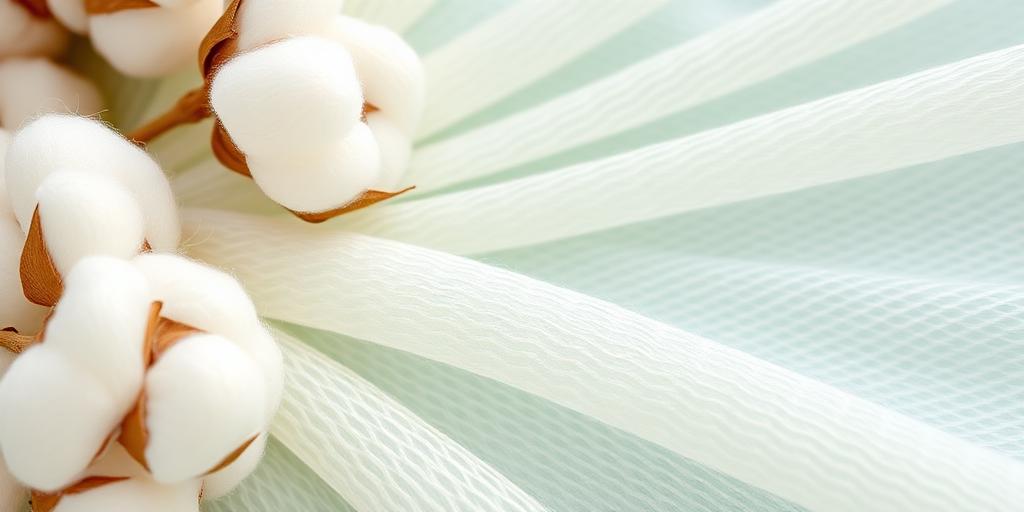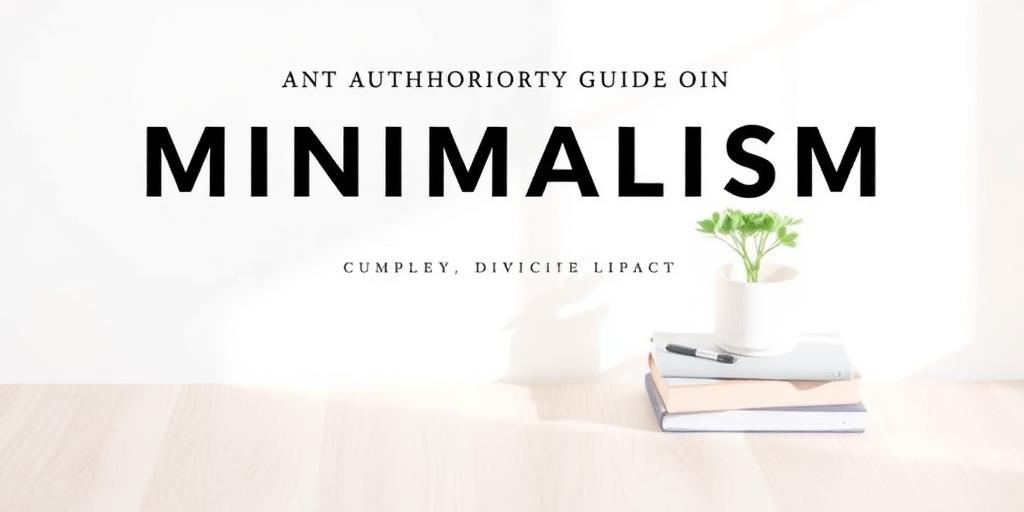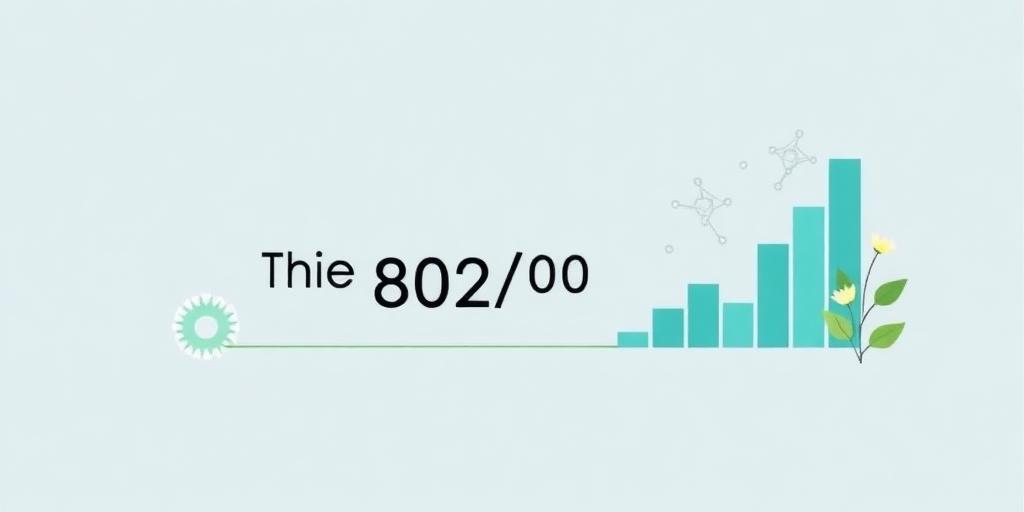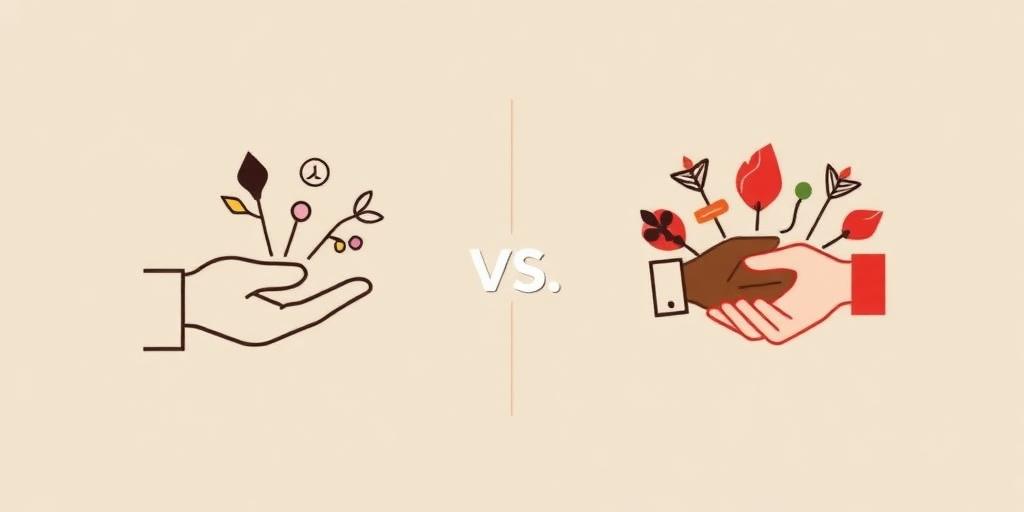In an era where environmental consciousness is no longer a niche concern but a global imperative, the fashion industry faces unprecedented pressure to recalibrate its practices. Conventional cotton, long considered the backbone of textiles, is increasingly recognized as a significant environmental burden. It is within this critical context that organic cotton emerges not merely as an alternative, but as the undeniable future of sustainable fashion.
The Unsustainable Legacy of Conventional Cotton
The cultivation of conventional cotton is notoriously resource-intensive and environmentally damaging. It accounts for a disproportionate share of the world's insecticide and pesticide use, leading to widespread soil degradation, water contamination, and biodiversity loss. The intensive irrigation required for conventional cotton also places immense strain on freshwater reserves, particularly in drought-prone regions. Furthermore, the extensive use of synthetic fertilizers depletes soil vitality, locking farmers into a cycle of dependency on chemical inputs. This destructive cycle impacts not only the planet but also the health and livelihoods of agricultural communities.
Organic Cotton: A Paradigm Shift in Textile Production
Organic cotton fundamentally redefines the production paradigm. Grown without the use of synthetic pesticides, herbicides, or genetically modified organisms (GMOs), it promotes healthier ecosystems. This cultivation method fosters biodiversity, conserves water through rain-fed systems and improved soil health, and significantly reduces the carbon footprint associated with chemical manufacturing and application. Farmers benefit from reduced exposure to hazardous chemicals and improved soil fertility, leading to more resilient agricultural systems. The long-term environmental and social benefits of organic cotton production are substantial, offering a viable pathway to mitigate the fashion industry's ecological impact.
Beyond Environmentalism: Social and Economic Imperatives
The transition to organic cotton extends beyond ecological benefits to encompass vital social and economic dimensions. Organic farming practices often empower local communities by fostering self-sufficiency and reducing reliance on expensive, external chemical inputs. This leads to more equitable economic opportunities for farmers, particularly in developing nations. As consumer awareness regarding ethical sourcing and transparency grows, brands that commit to organic cotton are not just adhering to environmental principles; they are responding to a clear market demand for responsible production. This shift is not merely a trend; it represents a foundational change in consumer values, driving the future of eco-friendly textiles.
The Inevitable Trajectory Towards Sustainable Textiles
The data is clear: the demand for sustainable materials is on an upward trajectory. Leading fashion brands are increasingly integrating organic cotton into their collections, recognizing its role in building a more resilient and responsible supply chain. This movement is powered by innovation in farming techniques, certification standards, and a collective commitment to reducing the industry’s footprint. Investing in organic cotton is not just a strategic business decision; it is an investment in the planet's health and the well-being of future generations. The future of ethical clothing production is inextricably linked to the widespread adoption of organic cotton.
In conclusion, organic cotton is not merely a sustainable alternative; it is the cornerstone of a new fashion paradigm. Its environmental, social, and economic advantages position it as the essential material for an industry striving for true sustainability. As the world progresses, the prevalence of organic cotton will define not just how we dress, but how responsibly we live and consume.









